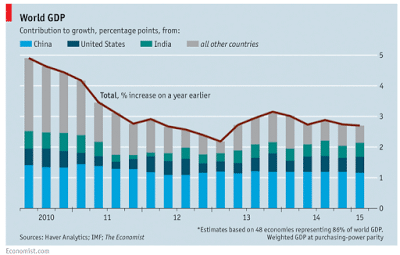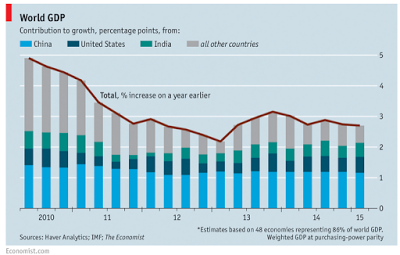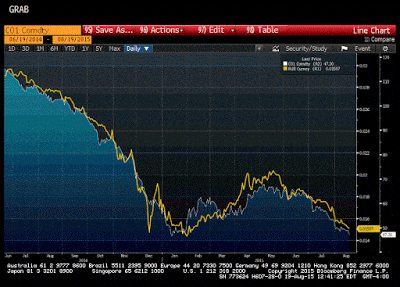Would a Market Leader Please Step Forward?
The global meltdown in stocks and commodities has continued. China failed to stem the tide by cutting reserve requirements (or interest rates) as many had expected. US 10-year yield had fallen below the 2.0% threshold but is back above it before the start of the North American session. European equity markets mostly gapped lower. The gaps have been entered as the selling pressure abates, but they have not been filled.






